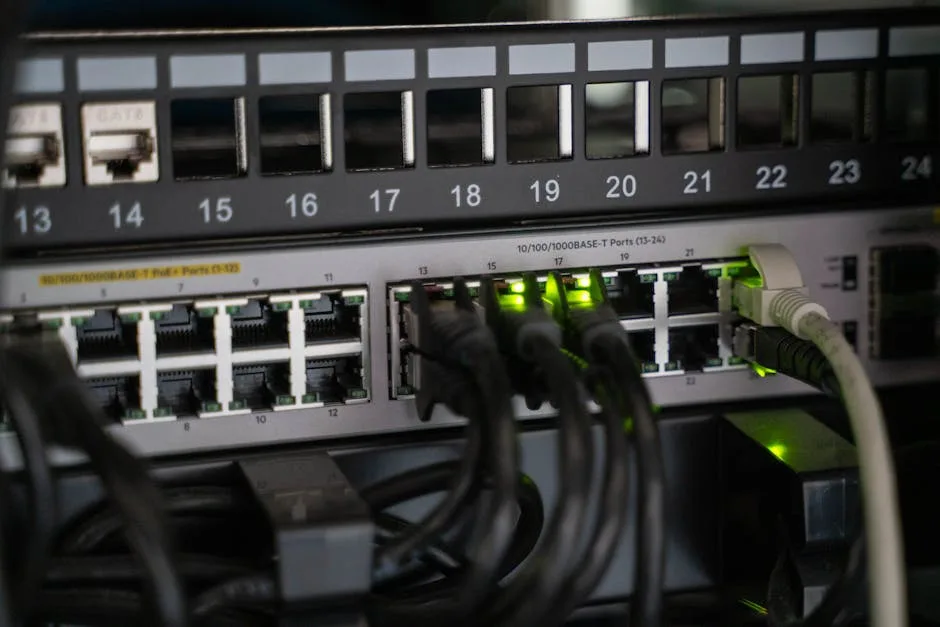
Microsoft has addressed critical authentication failures affecting Windows Server domain controllers following the April 2025 security updates. The issue, caused by KB5055523, disrupted Kerberos PKINIT validation for enterprise authentication methods including Windows Hello for Business and smart card logins1. A June 11 patch (KB5060526) now provides a permanent resolution after two months of workarounds affecting global enterprises.
Executive Summary for Security Leadership
The April 2025 Windows Server updates introduced unexpected authentication failures due to stricter certificate validation requirements for CVE-2025-26647 (CVSS 8.8). Healthcare and financial sectors reported significant operational disruptions, with HSBC experiencing two-hour login delays for traders using smart cards2. Microsoft’s June update resolves the core PKINIT validation issue, though some organizations may need to reissue certificates.
- Affected Systems: Windows Server 2025/2022/2019/2016 domain controllers
- Root Cause: Kerberos PKINIT certificate validation changes in KB5055523
- Impact: Broken Windows Hello for Business (Key Trust), smart cards, SSO solutions
- Resolution: KB5060526 (June 11) + NTAuth store updates via certutil
Technical Breakdown of the Authentication Issue
The security update KB5055523 modified how Windows Server validates certificates during Kerberos PKINIT authentication. This broke workflows for any certificate not properly chained to the NTAuth store, generating Event ID 45 errors even for successful logons3. The registry workaround:
Set-ItemProperty -Path "HKLM:\SYSTEM\CurrentControlSet\Services\Kdc" -Name "AllowNtAuthPolicyBypass" -Value 1 -Type DWORD
Restart-Service -Name Kdc
temporarily bypassed the validation but reduced security posture. Citrix environments required additional updates, with Session Recording Agent v2503.2 (June 5) addressing residual authentication failures4.
Enterprise Impact and Mitigation Steps
Healthcare organizations using Epic EHR systems needed manual certificate trust updates, while financial institutions reported trading delays. The permanent fix requires:
- Installing KB5060526
- Updating the NTAuth store:
certutil -dsPublish -f <CA_Cert.cer> NTAuth - Reissuing affected certificates with valid chains
Event Viewer monitoring should focus on IDs 21, 45, and 10016 from the Microsoft-Windows-Kerberos-Key-Distribution-Center source1. This parallels November 2022’s Kerberos PAC validation issues, suggesting recurring challenges with authentication protocol hardening.
Security Implications and Best Practices
While the June update resolves immediate authentication problems, organizations should:
- Audit all certificate-based authentication systems
- Validate NTAuth store configurations
- Test patch compatibility with third-party solutions like YubiKey and Entrust
Microsoft’s documentation confirms the issue affected global deployments, with non-English forums reporting identical symptoms5. The incident underscores the importance of staged rollouts for security updates affecting authentication subsystems.
Conclusion
The resolution of Windows Server authentication issues demonstrates Microsoft’s response to enterprise-critical update problems. Organizations should prioritize applying KB5060526 while maintaining vigilance for similar authentication protocol changes in future updates. The healthcare and financial sector case studies highlight the operational risks of authentication failures in critical infrastructure.
References
- “April 8, 2025—KB5055523 (OS Build 26100.3775)”, Microsoft Support, 2025.
- “HSBC hit by Microsoft auth bug”, FT Adviser, May 10, 2025.
- “Windows Server 2025: AD login problems after installing the April updates”, Heise Online, May 9, 2025.
- “Citrix Session Recording Agent Compatibility Update”, Citrix Support, June 5, 2025.
- “Microsoft Answers Japan Forum”, Various Dates.






